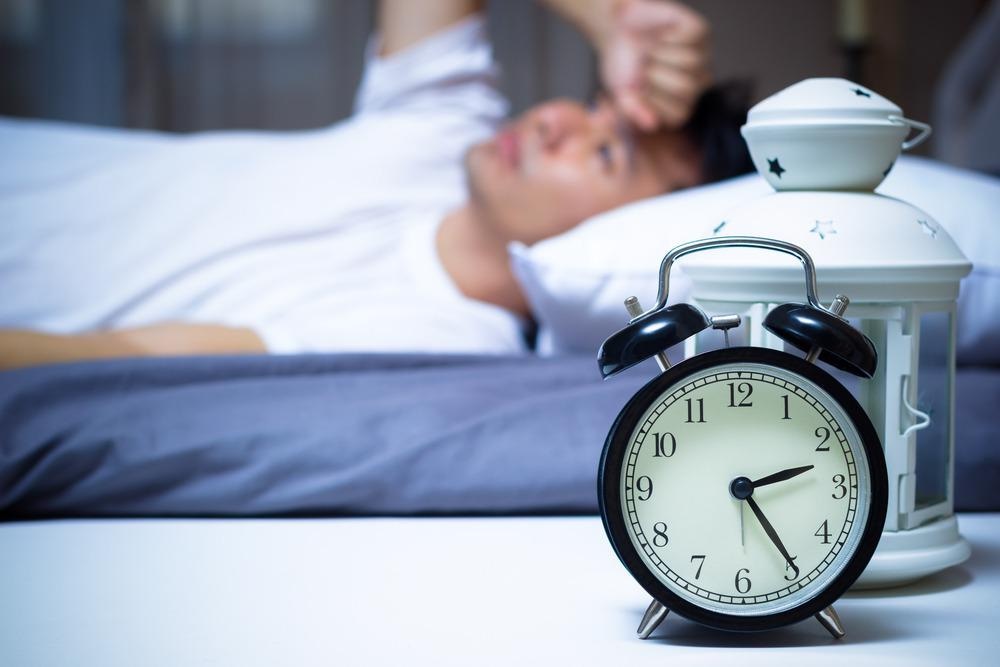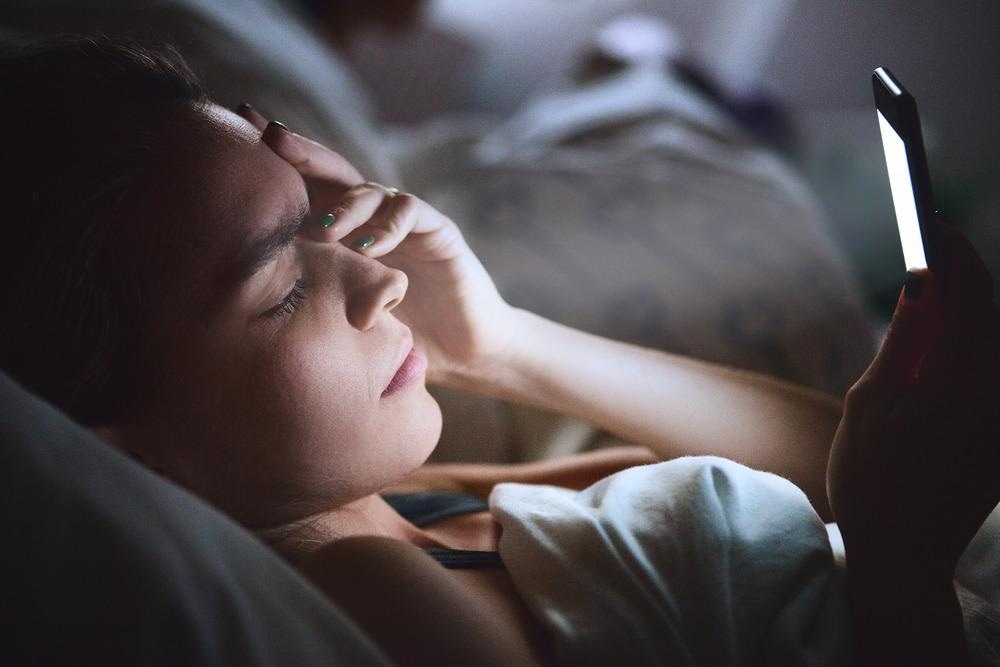
Most of us report that we regularly do not get enough sleep. Given that chronic insufficient and poor quality sleep has been linked with physical illness, such as cancer, and mental illness, such as anxiety and depression, it is important that awareness of sleep disorders and how to manage them is increased throughout the general population.

Image Credit: PrinceOfLove/Shutterstock.com
What are sleep disorders?
The term sleep disorder refers to a range of chronic illnesses that manifest in troubled sleep such as insomnia, sleep apnea, narcolepsy, restless leg syndrome (RLS), parasomnias, REM sleep behavior disorder, non-24-hour sleep-wake disorder, excessive sleepiness, and hypersomnia. The prevalence of these disorders varies depending on the type of disorder and population, with many sleep disorders being more common in older generations.
Recent data has revealed that as many as 30% of adults suffer from insomnia, a figure that leaps to 48% for older adults. The prevalence of sleep apnea also increases with age. In some elderly groups, up to 90% of men and 78% of women report suffering from this disorder that is characterized by disturbed breathing during sleep. RLS is experienced by 3.9-14.3% of the population and prevalence also increases with age.
Rarer conditions include hypersomnia, which affects an estimated 4-6% of the general population, parasomnias (sleep-related eating, sleep-related violence, sleepwalking, sexual acts during sleep), which are reported in 1.7-3.3% of the population, REM sleep behavior disorder, which is experienced by 0.5-1.25% of the population, and narcolepsy, which affects less than 1% of the population.
Further to this, most people report failing to get the recommended eight hours of sleep a night. Therefore, sleep disorders and troubled sleeping affects a significant portion of the population and must be addressed to prevent sleep deprivation-related illnesses and improve quality of life.
Can sleep disorders be managed at home?
In the first instance, it is always recommended that anyone suffering from a sleep disorder should seek the advice of a medical professional. However, there is some evidence to suggest that people can empower themselves by making changes to their daily lives to encourage better sleep. While this may not be enough to resolve a sleep disorder, it may reduce it by promoting healthier sleep.
Addressing the source of the problem
The first step to addressing sleep problems at home is considering the cause of the sleep problem. Stress is strongly related to poor sleep and significant life events whether positive or negative such as moving house, changing jobs or losing employment, having a baby, getting married, or losing a loved one, can reduce the quality of our sleep.
In addition, physical health problems and mental health problems seem to have a bidirectional relationship with sleep. It should be considered whether an underlying illness may be contributing to poor sleep. Anxiety and depression in particular are closely related to poor sleep, as are chronic pain and irritable bowel syndrome (IBS).
An appointment with a GP is recommended in cases where a mental health or physical health issue may be related to a sleep disorder. Counseling can also be an important and impactful route for those going through challenging life events or suffering from mental health issues.
Improving your sleep/wake routine
Humans have a natural circadian rhythm, which tells us when to wake up and when it’s time to fall asleep. This is generally regulated by the light-dark cycles of the day but is also influenced by social cues such as mealtimes. Modern life also influences this cycle, the use of artificial light can disturb circadian rhythms and prevent us from feeling sleepy at bedtime, other factors such as working hours and even working from home can disturb this cycle.
It is important to establish a sleep-wake routine, going to bed at the same time each night and waking up at the same time is important for establishing a schedule to prepare the body for sleep each night. To improve the quality of our sleep, it is recommended that a regular bedtime and waking time be adhered to. Additionally, the use of bright white lights in the evening should be changed for dimmer lights with yellow hues. The use of screens (phones, laptops, televisions) should be limited in the hour or two before sleep as the blue light from these devices may prevent our ability to feel tired. The use of nighttime modes for connected devices is also recommended, the prevent notifications from encouraging us to pick up our phones again.

Image Credit: ALDECA studio/Shutterstock.com
Diet and sleep
Alcohol and caffeine are the main culprits in terms of dietary causes of poor sleep. Caffeine should be avoided from around lunchtime and alcohol, while it may cause drowsiness, has been shown to majorly disturb sleep. Additionally, eating large meals in the hour before bed is generally not recommended due to induces activity in the digestive system following the meal.
Working from home and the COVID-19 pandemic
Sleep disturbances are apparently on the rise since the COVID-19 pandemic began. Long-term stress is likely one major cause and the other may be the transition to working from home. There is some evidence to suggest that working from the bedroom may reduce our quality of sleep as it primes the brain to be in work-mode in the room that should be associated with calm and rest.
References:
- Ashley Hubbard. (2020). 6 Reasons Working from Bed Isn't Doing You Any Favors. [Online]. Healthline. Available at: https://www.healthline.com/health/working-from-bed-isnt-doing-you-favors Accessed February 2022
- Senaratna, C., Perret, J., Lodge, C., Lowe, A., Campbell, B., Matheson, M., Hamilton, G., and Dharmage, S., 2017. Prevalence of obstructive sleep apnea in the general population: A systematic review. Sleep Medicine Reviews, 34, pp.70-81. https://pubmed.ncbi.nlm.nih.gov/27568340/
- Shechter, A., Quispe, K., Mizhquiri Barbecho, J., Slater, C. and Falzon, L., 2020. Interventions to reduce short-wavelength (“blue”) light exposure at night and their effects on sleep: A systematic review and meta-analysis. SLEEP Advances, 1(1). https://academic.oup.com/sleepadvances/article/1/1/zpaa002/5851240?login=true
- Sleep problems and insomnia self-help guide. [Online]. NHS. Available at: https://www.nhsinform.scot/illnesses-and-conditions/mental-health/mental-health-self-help-guides/sleep-problems-and-insomnia-self-help-guide Accessed February 2022
Further Reading